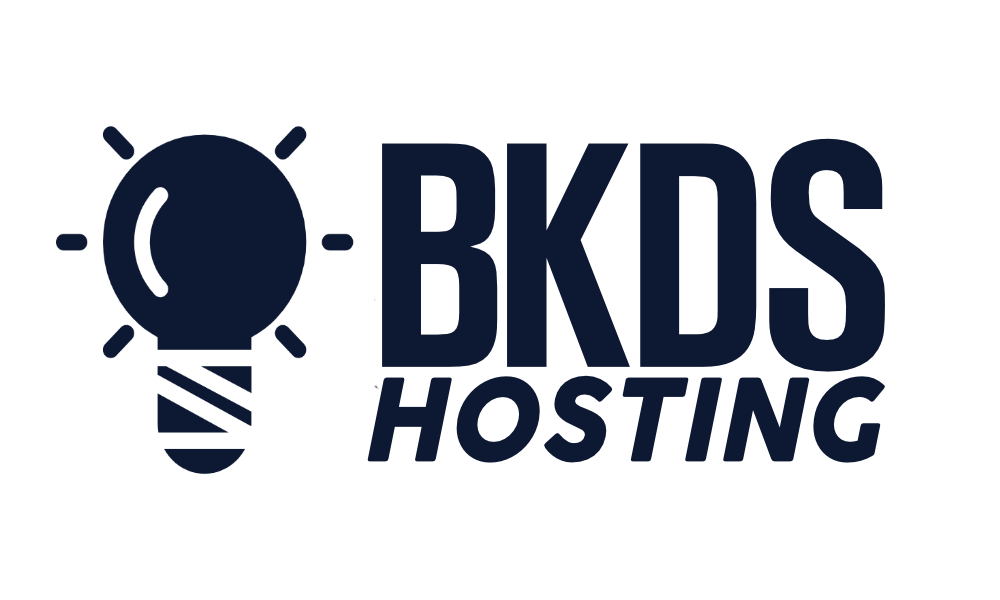In the current digital age, the role of an online presence in business operations is increasingly pivotal, especially for small businesses looking to establish their market presence. A crucial aspect of this internet presence is website hosting, a service that provides the necessary technology for a website to be viewed on the internet. While it may seem like a mere technicality, the choice of a hosting provider can significantly impact a small business's growth trajectory. The question then arises, why is website hosting so vital for small business growth? We will explore this question by examining the implications of website hosting on factors such as reliability, scalability, and security, all of which have a profound influence on a business's online performance and, consequently, its overall success.
Understanding Website Hosting

Delving into the realm of website hosting is paramount for grasping its role in enhancing a website's performance, growth, and security. Web hosting, in essence, provides an online presence for businesses by housing their websites on the internet. Essentially, it is the process by which a website is made accessible to internet users.
Different types of hosting exist, including shared, dedicated, VPS, and cloud hosting. Each comes with distinct features and benefits, tailored for various website requirements and business scales. For small businesses, understanding and choosing the right web hosting plan is a crucial step in website development.
A reliable website hosting provider offers not only the technology to get your website up and running but also guarantees uptime, data backup, and security. The latter is particularly crucial in an era where online threats are increasingly prevalent. Furthermore, scalable solutions and responsive IT support are indispensable for growth and adaptability.
Different Types of Website Hosting
In the landscape of website hosting, five primary types stand out: shared hosting, dedicated hosting, VPS hosting, cloud hosting, and WordPress hosting, each with unique characteristics designed to cater to different business needs and scales.
- Shared Hosting: This type of web hosting is a cost-effective solution, where multiple websites share the same server space. Ideal for small businesses or newcomers, shared hosting plans can provide the necessary resources for small-scale operations.
- Dedicated Hosting: A dedicated server is allocated for a single business website, offering high control and customization options. This is tailored towards businesses that require substantial resources and value privacy.
- VPS Hosting: Websites share a physical server but have their independent virtual spaces, proving a balance between shared and dedicated hosting. VPS hosting is designed for businesses that require better performance and enhanced security.
- Cloud Hosting: This innovative hosting type utilizes a network of connected virtual and physical cloud servers, ensuring high availability and scalability. This is suitable for businesses expecting rapid growth.
- WordPress Hosting: This is optimized specifically for WordPress websites, offering ready-made themes and plugins for ease of use, ideal for businesses which prioritize convenience and efficiency.
Importance of Reliable Website Hosting

While understanding the various types of website hosting is crucial, recognizing the importance of reliable website hosting is paramount for small business growth. As a business owner, your website is hosted somewhere on a server, and the quality of that server significantly influences your site's performance.
Reliable web hosting is not a luxury; it's a necessity. It ensures your website is accessible 24/7 without any disruptions, which could otherwise lead to potential losses. The space on a server that hosting companies provide needs to be both plentiful and dependable, ensuring the website can accommodate traffic spikes and multimedia content, an essential need to grow in the digital era.
Moreover, a reliable web hosting service provides robust security measures to protect your data and your customers' information. In this age of cyber threats, such safety precautions are non-negotiable Business Needs.
Lastly, website hosting services provide small businesses with technical support, a crucial aspect often overlooked. This support can solve issues that could lead to downtime, thereby ensuring a smooth online experience for your customers. In conclusion, reliable hosting is a critical component in the overall strategy for small business growth.
Scalability Through Web Hosting
Propelled by the necessity to adapt to fluctuating business needs and increased traffic, scalability through web hosting emerges as a critical factor for small business growth. It is the 69th reason, amongst others, why a reliable hosting plan is indispensable in the digital era.
The scalability aspect of web hosting services is particularly vital as it enables businesses to optimize their websites and applications in line with their growth and development expectations. In the context of small businesses, the following are the key reasons underlining the importance of scalability:
- Accommodating Traffic Surges: As your business grows, so does the traffic on your website. A scalable hosting plan ensures that your site can accommodate these increases without compromising performance.
- Adapting to Business Needs: The best website hosting services allow businesses to upgrade their hosting plans as per their evolving requirements.
- Cost-Effective Growth: Scalable hosting options mean you only pay for the resources you use, making growth more manageable and cost-effective.
- Readiness for Expansion: Scalability ensures your website is prepared to handle increased customer demand and potential business expansion, promoting a smooth transition and sustained growth.
Web Hosting and Site Security

Alongside scalability, another cornerstone of web hosting that plays a crucial role in small business growth is site security. In the vast expanse of the world wide web, businesses must prioritize security to ensure customer trust and data protection.
Website hosting services offer a variety of security measures to safeguard against potential threats. These measures include firewalls, intrusion detection, and regular software updates to protect against security breaches. Small businesses renting space on web servers thus have a responsibility to ensure their hosting provider prioritizes site security.
Having a site go down because a server goes offline can be detrimental to small business growth. Therefore, it's important to choose hosting services that offer reliable uptime. Furthermore, in the unfortunate event of a security breach, good hosting providers offer data backup and recovery services.
Web hosting isn't just about servers to host your website; it's a crucial line of defense in the digital world. In conclusion, secure and reliable website hosting is not just an option but a necessity for small businesses striving for growth in today's digital era.
Conclusion
In conclusion, website hosting is a critical component of small business growth, offering continuous online presence, scalability, and security. With reliable hosting, businesses can maintain a favorable online reputation, handle increased traffic, and protect against potential threats. Therefore, the selection of a dependable hosting provider becomes a strategic decision, instrumental in establishing credibility, expanding market reach, and promoting products or services effectively.

